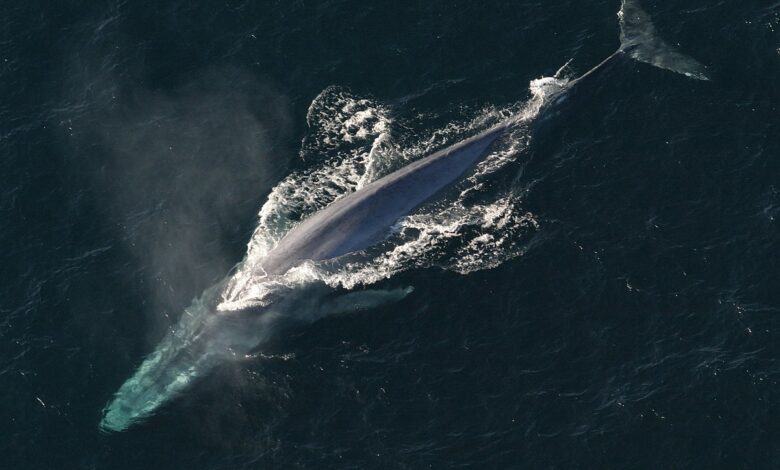Scientists Uncover the Secret Lives of Blue Whales

In a remarkable collaboration between researchers and amateur enthusiasts, citizen scientists are playing a crucial role in uncovering the secret lives of blue whales, the largest animals on the planet. Recent studies have highlighted how these dedicated individuals contribute valuable data that enhances our understanding of these elusive giants.
Data Collection: Citizen scientists are actively involved in gathering data on blue whale sightings, behaviors, and migration patterns. This grassroots effort allows researchers to compile extensive datasets that would be difficult to obtain through traditional research methods alone.
Monitoring Health and Population: By reporting sightings and documenting whale behaviors, citizen scientists help track the health and population dynamics of blue whales. This information is vital for conservation efforts, especially as these majestic creatures face threats from climate change and human activities.
Technological Integration: Many citizen scientists utilize technology, such as smartphone apps and online platforms, to record and share their observations. This integration of technology not only streamlines data collection but also fosters a community of whale enthusiasts who are passionate about marine conservation.
Educational Outreach: Citizen scientists often engage in educational initiatives, raising awareness about blue whales and the importance of marine ecosystems. Their efforts help inspire the next generation of marine biologists and conservationists.
Collaborative Research: Recent studies, such as one published just hours ago, showcase how citizen scientists in regions like Timor-Leste are contributing to research on pygmy blue whales. These collaborations provide insights into the behavior and ecology of these lesser-known relatives of the blue whale.
The involvement of citizen scientists is proving to be a game-changer in marine research. Their contributions not only enhance scientific knowledge but also promote a sense of stewardship for the ocean and its inhabitants. As more individuals join this movement, the potential for discovering new information about blue whales and their habitats continues to grow.
In conclusion, the efforts of citizen scientists are vital in the ongoing quest to understand and protect blue whales. By harnessing the power of community engagement and technology, these dedicated individuals are helping to unlock the mysteries of one of the ocean’s most magnificent creatures.




